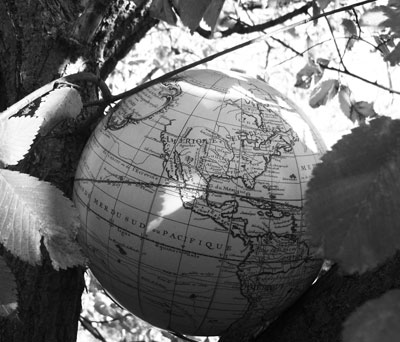All Nonfiction
- Bullying
- Books
- Academic
- Author Interviews
- Celebrity interviews
- College Articles
- College Essays
- Educator of the Year
- Heroes
- Interviews
- Memoir
- Personal Experience
- Sports
- Travel & Culture
All Opinions
- Bullying
- Current Events / Politics
- Discrimination
- Drugs / Alcohol / Smoking
- Entertainment / Celebrities
- Environment
- Love / Relationships
- Movies / Music / TV
- Pop Culture / Trends
- School / College
- Social Issues / Civics
- Spirituality / Religion
- Sports / Hobbies
All Hot Topics
- Bullying
- Community Service
- Environment
- Health
- Letters to the Editor
- Pride & Prejudice
- What Matters
- Back
Summer Guide
- Program Links
- Program Reviews
- Back
College Guide
- College Links
- College Reviews
- College Essays
- College Articles
- Back
The Oud
In fourth grade, I began my unconscious journey to find myself. During Spring break, my family and I traveled to Turkey. As we walked through the bustling Grand Bazaar of Istanbul, I found the Oud. It was like no other instrument I had seen before, a short neck, eleven strings, a deep round base, and a red and black striped back. It was beautiful to me. As my parents negotiated the price, I stood staring at the One, hanging from the ceiling of the shop. I heard my father say, “Drew, why don’t you get a Saz, it’s cheaper and probably easier to play.” I looked at the Saz hanging close to my Oud, a long neck, small base, and a bland bright brown. I said, “No, I like the Oud better.” He accepted my decision; I clung onto it, vowing to guard it with my life.
When I returned home, I wanted lessons. My parents agreed, but believed it would hang on the wall somewhere in our house once I gave it up. When my mother found a teacher, she told him on the phone that she had an “eight year old that wants to learn the Oud.” He replied, “Why?”
I began my lessons, learning the scales that include notes nonexistent to Western music. The many half sharps and flats became natural, my ear tuning to the scales. I didn’t feel different for playing the Oud, it was the instrument I fell in love with. It intrigued me. I went from listening to Grunge to Sufi music. I was used to
hearing the guitar, but I guess the Oud is like a guitar, only it’s fretless, tuned differently, and has eleven strings. So what if Mohammed Abdel Wahab, a notable Egyptian composer, suddenly became among my favorite “artists?”
By the time I entered high school, my teacher told me it was time I started playing with UCLA’s Near East Ensemble. I felt lost among these player-I’d never played any of this music with anyone besides my teacher and the others couldn’t understand who this fifteen-year-old boy was. They would ask me, “Do you play guitar?” I would reply, “Nope, just Oud.” Not only was I the youngest person in the large group, but I also have no cultural ties to the instrument whatsoever and wasn’t raised with any knowledge of Ethnomusicology. I began spending my Thursday nights amongst native Arabic speakers from the community, UCLA ethnomusicology students, and world-renowned professors. I assimilated into this culture, no longer an outsider, but a member of the community. I began performing with professors and UCLA students for fun.
Not long ago, my parents showed me a video of the day I bought my Oud. As I held onto it, I said, “I found my instrument.” Now, that I look back on it, I really did. It’s my love, my hobby-the thing that makes me who I am. I’m that “Oud kid” and proud of it.

Similar Articles
JOIN THE DISCUSSION
This article has 0 comments.
